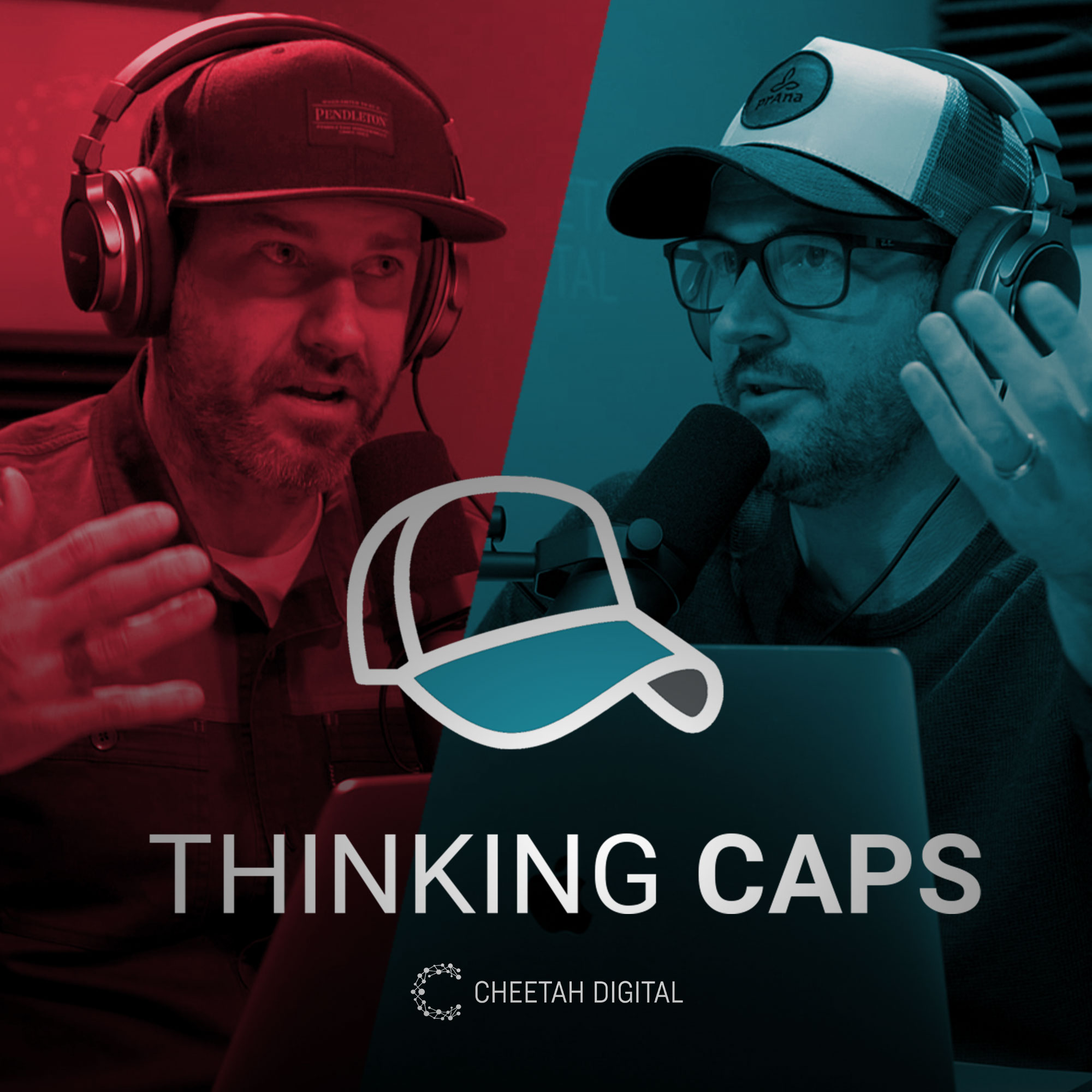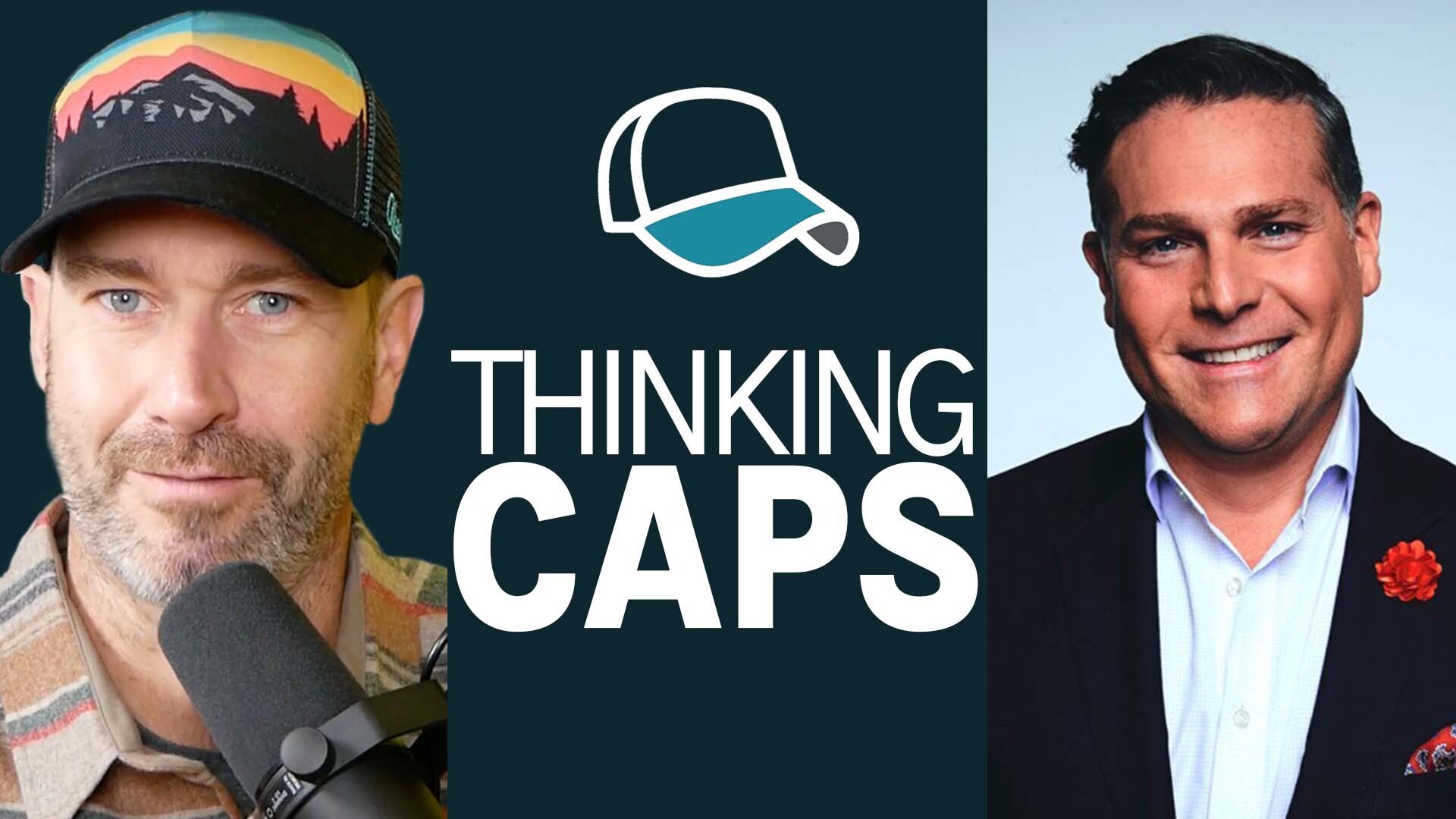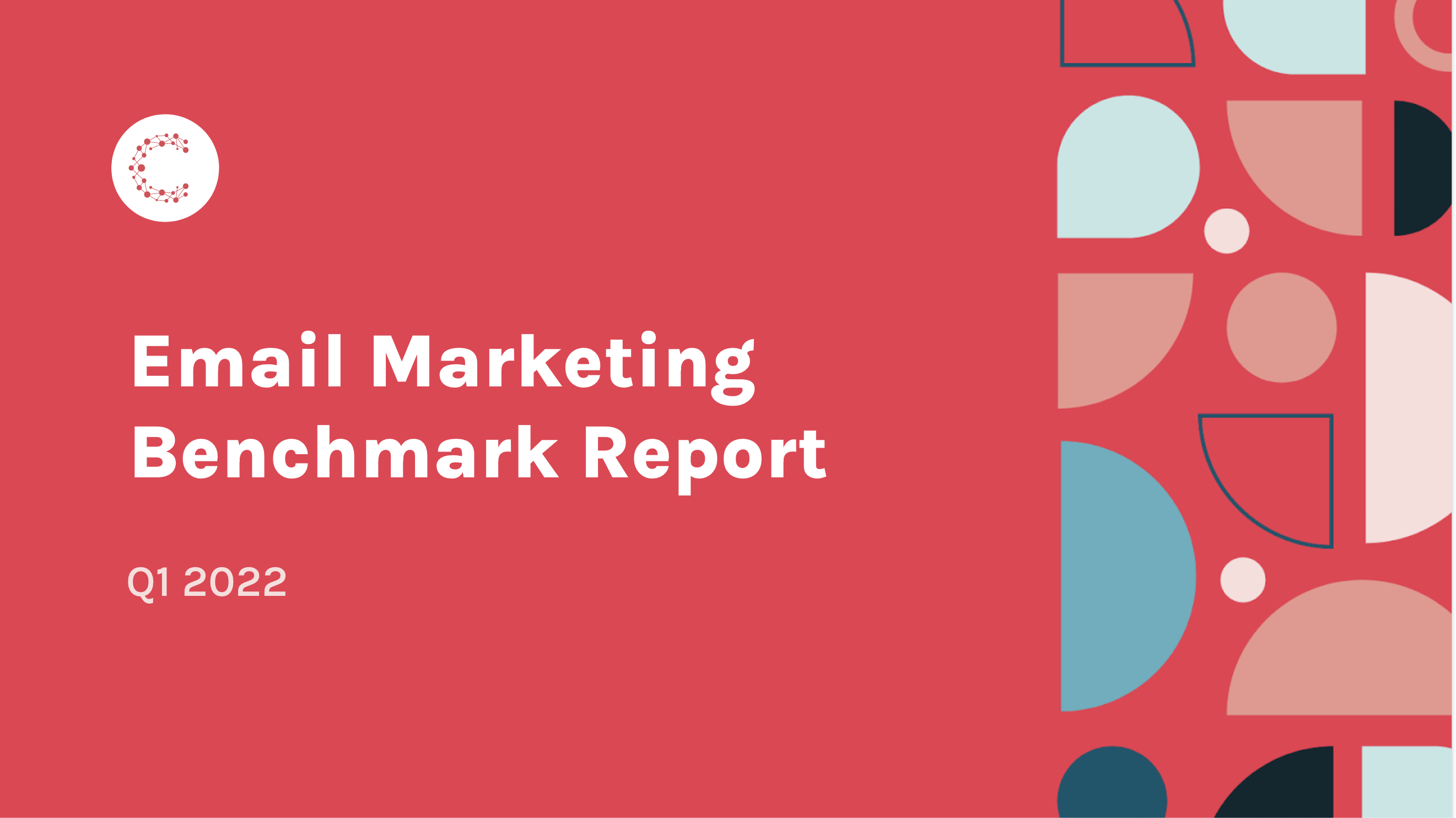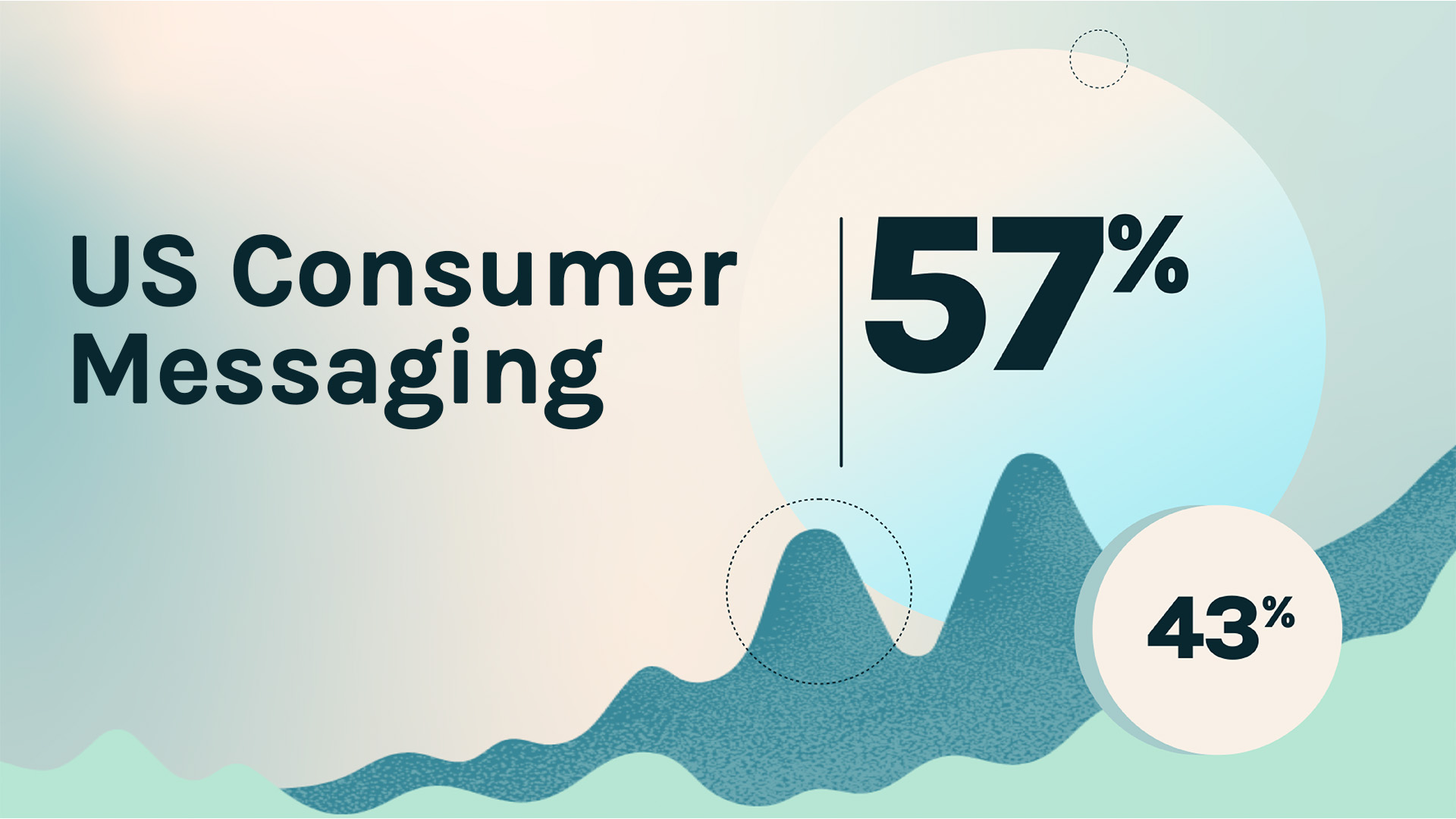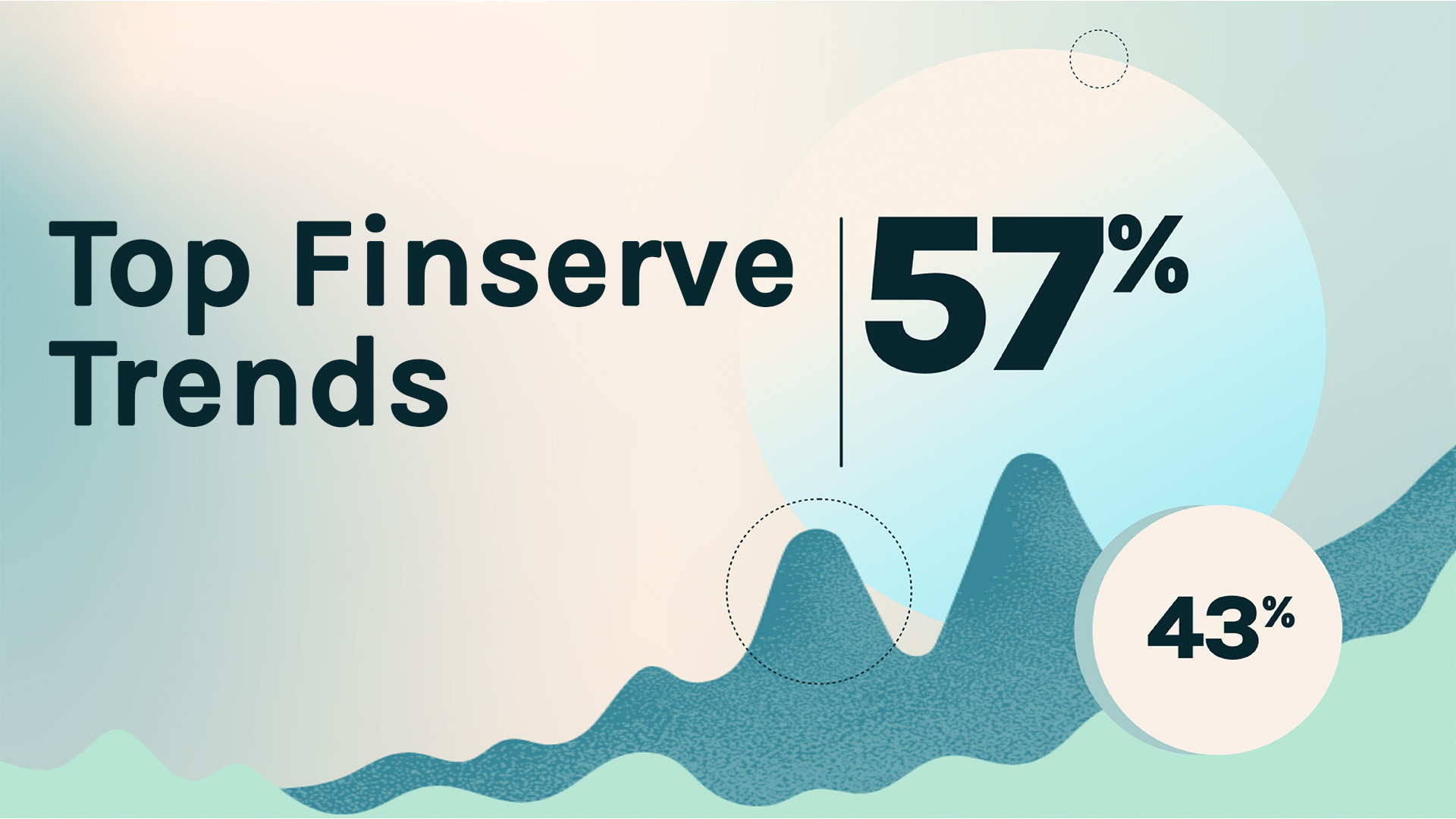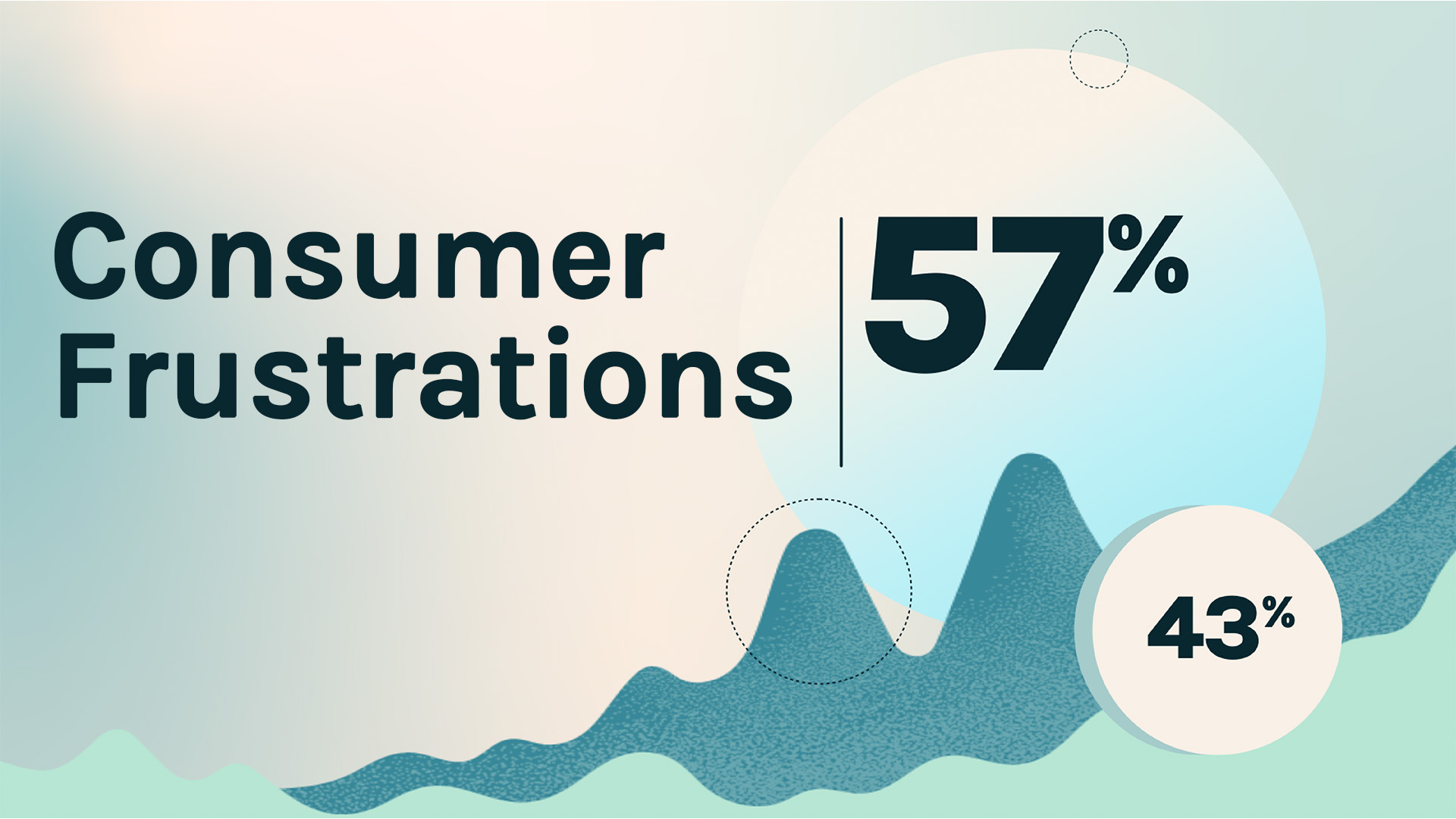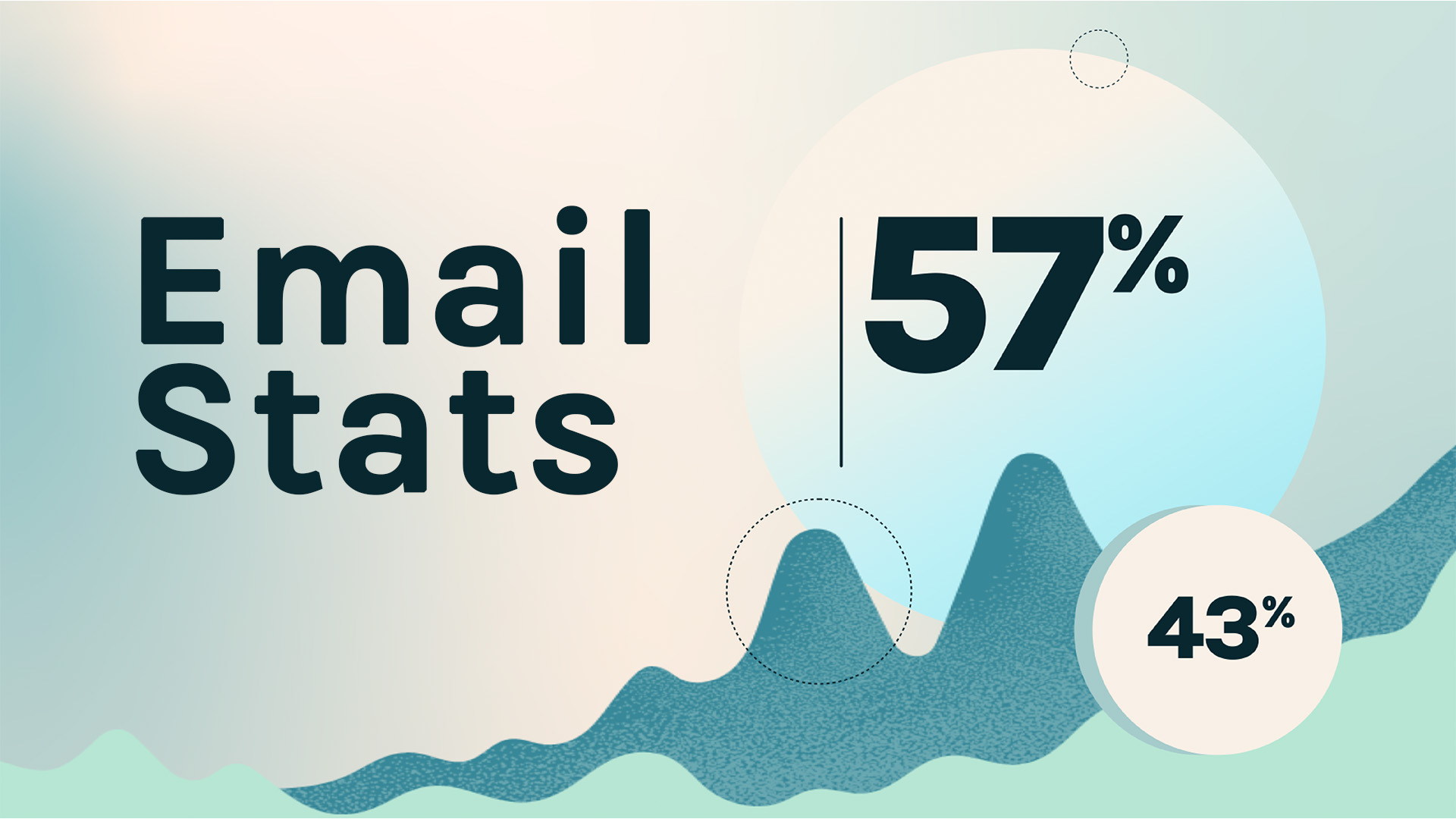BREAKING NEWS: Google Blows Up Email as a Potential Identifier to Replace Cookies
- 0.5
- 1
- 1.25
- 1.5
- 1.75
- 2
Speaker 1: Breaking news, that's what we do here in Thinking Caps. And today, Google blows up email as the potential identifier to replace cookies. Another ad tech bomb. Let's dig in. Richard, all right, Google has basically said that email- based identifiers aren't a sustainable long- term solution or investment for brands. What's going on here? What's the scoop?
Richard: Yeah. It never continues to surprise, does it? What's going on with this tech disruption? But, let's just dig in here. Let's look at what Ad week says because I think they have an interesting quote here. Describe to those that may not be completely up to the news on why this is such a big bomb. So, this is what they say," The level of cooperation from independent ad- tech players, publishers, and even some media agencies, to replace third- party cookies with hashed email addresses had led to growing speculation that even Google would get behind the initiative. However, today Google stopped this train dead in its tracks and released a policy update that will be seen as a massive setback for many in the industry.". So, let's just unpack this. So, essentially what we're saying is, Google has just issued a firm policy clarification, curbing these alternatives. And, as you say, it's another massive ad- tech bomb. Now, Google is essentially discarding efforts to make solutions like the unified ID 2. 0. Now the ward of industry body pre- meds interoperable with offering such as authentication tools from Live Ramp and others. This is big news. Now, the sort of the bearer of bad news from Google is a guy called David Dunkin, right? And, he's the Google's director of product management, ads, privacy, and trust. And, he essentially made this policy statement in a blog post which was questioning the viability of unified ID 2. O in the Google ecosystem.
Speaker 1: Okay. So let's break down though. What the impact is here for our audience, the brand marketers, the people who are gone? What do I do? Is it flock? Is it emails? Is it, what are, how do I advertise it to the future?
Richard: Well, mainly what we want to do is clarify that this does not in any way impact any of the things we've been saying about this ecosystem. In fact, I want to quote Google here and David Dunkin himself because it really points to actually leading to double down on all the things we're saying about bill connections with consumers, get consent, zero party data, gather your first party data interactions. All these things are actually amplified by this change. So, let's take a look at what came from the horse's mouth. First party relationships are vital. Developing strong relationships with customers has always been critical for brands to build a successful business. And, this becomes even more vital in a privacy first world. We will continue to support first party relationships on our ad platform were partners in which they have direct connections with their own customers. And, we'll deepen our support for solutions that build on these direct relationships between consumers, and brands, and publishers that they engage with boom, rich.
Speaker 1: Only if our predictions on Bitcoin were as dead on as they are about the data we've been talking about. We'd be billionaires.
Richard: I'll be on a yacht by now.
Speaker 1: This is amazing. Everything we've been talking about. Collect that data, get explicit declared doctrine from your consumers have that one- to- one connection because Google just said, they will give you a path forward. If you're collecting that. Hey, Marc Pritchard wasn't no dummy after all.
Richard: Absolutely, no. I mean, at the end of the day where everything we've been saying is the path that marketers needed to get those direct connections. Gather that zero party data, get the emails, get the consent, make sure you pull all your first party data. If you've got that first party data relationship with your customers, Google will help you deliver a business efficacy and success. Double down. That's the message today, double down.
Speaker 1: And look, we've been beating this like a dead horse, but you can also connect with your consumers directly without Google, without Facebook, without Zuckerberg, without an algorithm. If you have that first party and zero party psychographic data. You can go to email, you can go to mobile, no algorithms. So twofold reason why to do this. If you're not doing it right now, you better stop what you're doing and put a plan in place.
Richard: It's a quick one today, but hopefully that gives marketers a quick view on some really, really important news.
Speaker 1: Okay. Thanks. Breaking news here on thinking caps, we'll be bringing it to you constantly. Just check us out. LinkedIn, Cheetah digital page. Appreciate it. We'll see you next time.
DESCRIPTION
Google drops another adtech bomb claiming that hashed emails will not be the path forward for brands to makes matches for advertising. This means the efforts to get behind Unified ID 2.0, which was adopted by platforms such as LiveRamp and others, will not be viable long term. But what does all of this mean for the brand marketer? Rich and Tim break this down for you. Expect more coverage on Thinking Caps as the cookie continues to crumble.

